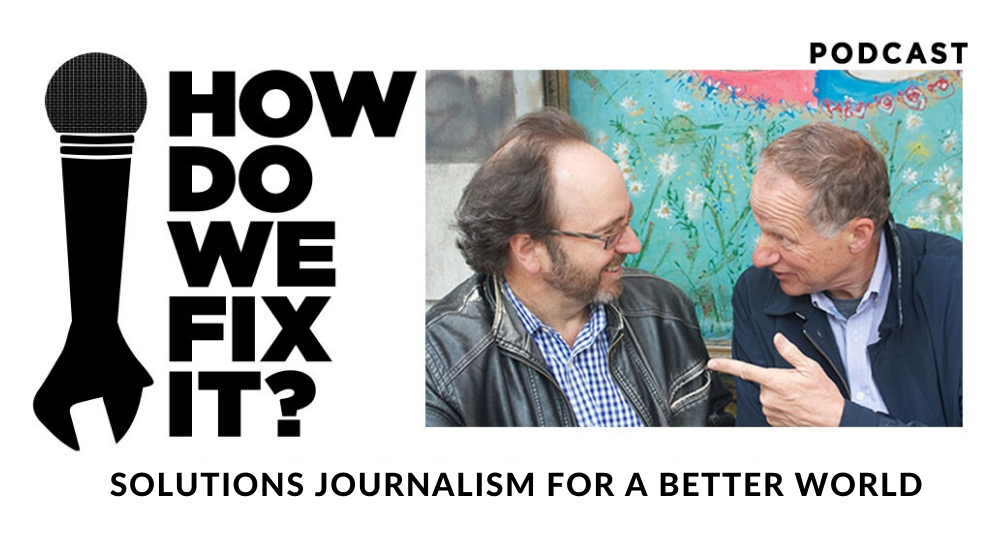Yes, it's our 400th episode. But instead of looking back over the past eight-and-a-half years of our podcasts, we consider the future: How collective optimism or pessimism can have a huge impact on the economy, risk taking, and the acceptance of new technologies that spark growth and innovation.
Our guest is scholar and journalist James Pethokoukis of the American Enterprise Institute, author of "The Conservative Futurist: How To Create the Sci-Fi World We Were Promised."
In this episode he argues that in the decades after World War Two and during the space race, America was the world's dream factory. TV and movies helped to turn imagination into reality, from curing polio to landing on the Moon to creating the internet. In those years we were confident that more wonders lay just over the horizon: clean and infinite energy, a cure for cancer, computers and robots as humanity’s great helpers.
But as we moved into the late 20th century, we grew cautious, even cynical, about what the future held and our ability to shape it. James Pethokoukis says that this year— 2023— marks the 50th anniversary of the start of the Great Downshift in technological progress and economic growth, followed by decades of economic stagnation, downsized dreams, and a popular culture fixated on catastrophe.
Read more